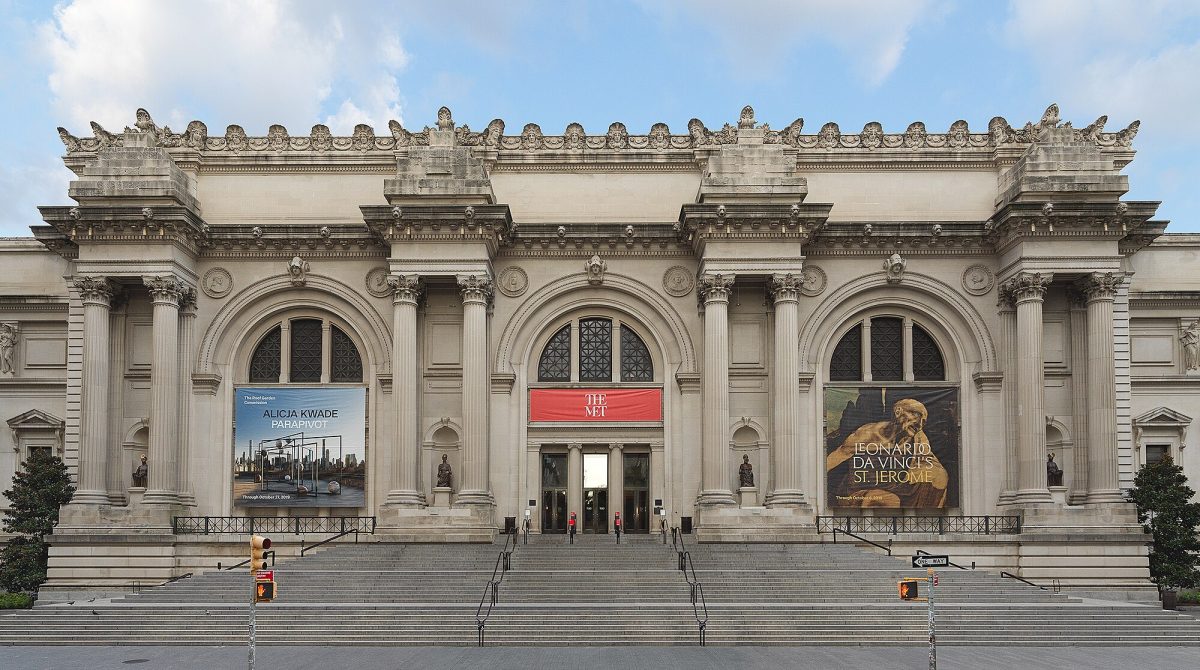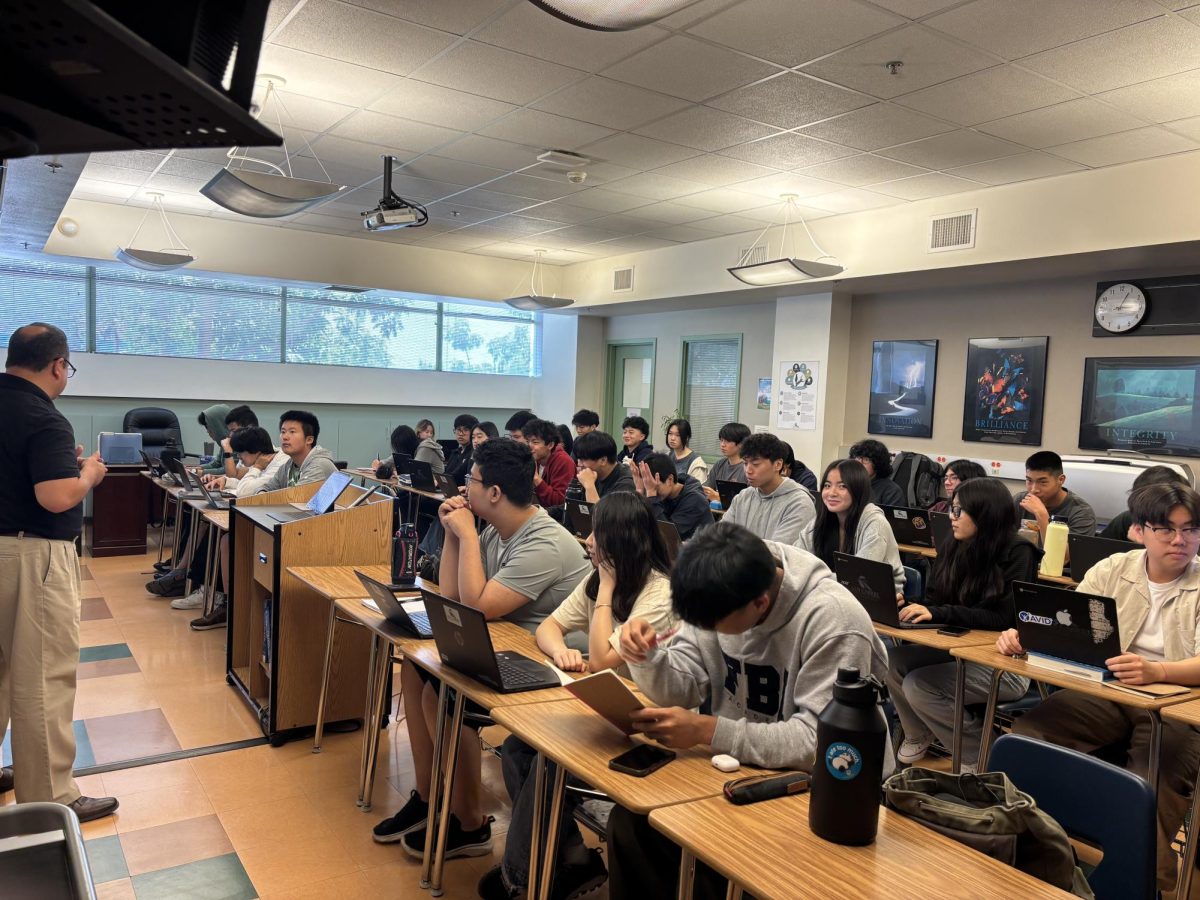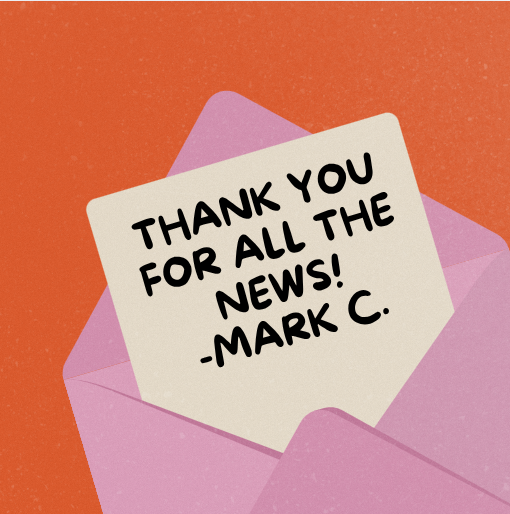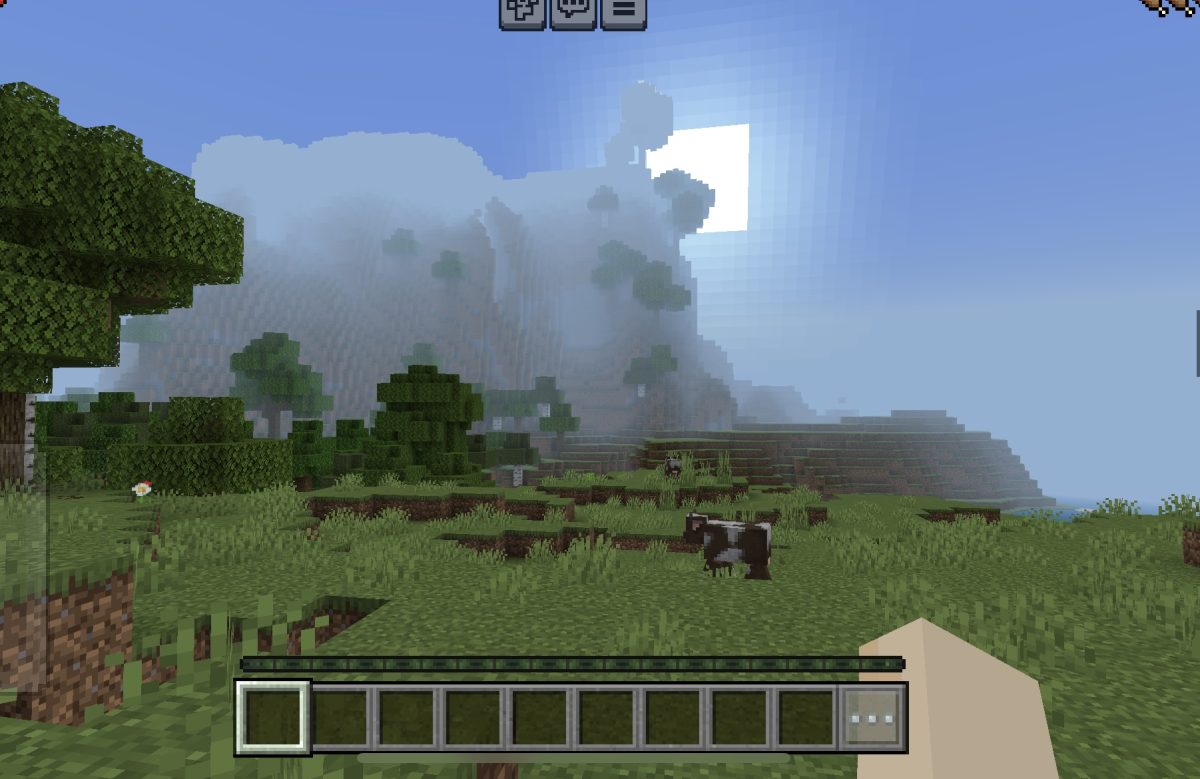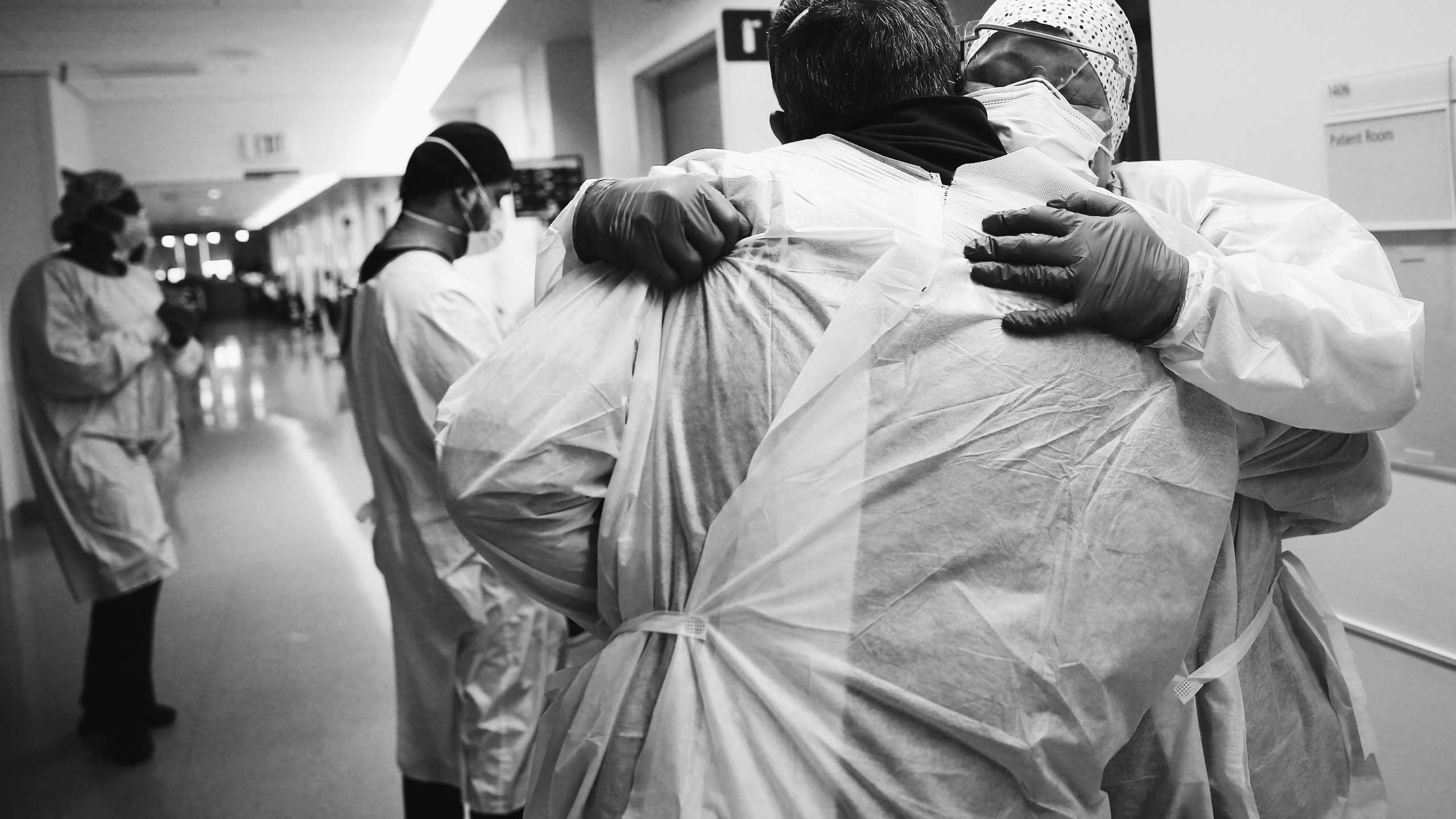
Over the 19 months the coronavirus pandemic has been in effect, the nation has seen numerous ups and downs, with people from all over the country enduring extended lockdowns, positive cases, and changing regulations. However, in the midst of this tumultuous landscape, few have been as heavily affected by the pandemic as our country’s healthcare workers. As they face continuous waves of patients, their difficult and dangerous work deserves recognition.
During the earliest peaks of the pandemic last year, studies were conducted concerning the mental health impacts of working in the healthcare industry. According to a survey by Mental Health America from June to September 2020, “93% of health care workers were experiencing stress, 86% reported experiencing anxiety, 77% reported frustration, 76% reported exhaustion and burnout, and 75% said they were overwhelmed.”
As a result of these studies, numerous campaigns emerged to recognize healthcare workers, such as the “Light it Blue” and “Solidarity at 8” campaigns. However, the impact of these events are nowhere to be seen in the present day, where those working in healthcare continue to face increasing harassment and skepticism from the public.
“A year ago, we’re health care heroes and everybody’s clapping for us,” Stu Coffman, emergency room physician, told NBC Los Angeles. “And now we’re being, in some areas, harassed and disbelieved and ridiculed for what we’re trying to do.”
This attitude towards healthcare workers is largely derived from doubt over the coronavirus vaccine. With non-vaccinated people filling hospital beds, many doubting the efficacy of the vaccine at all, doctors and nurses have found themselves tirelessly battling misinformation.
Emergency room nurse Nancy Sumner told the LA Times about how she had to deal with a family who “denied that a young patient who died had been infected with COVID-19” and yelled at the workers there, describing the experience as “frustrating.” Even so, Sumner and other nurses facing similar struggles continue to work, to the benefit of their hospitals and communities.
Additionally, healthcare workers face long shifts with little respite. Even though coronavirus cases have been on a downward trend nationwide, many hospitals remain at constant maximum capacity, meaning workers such as medicine hospitalist Sheryl Recinos sometimes have to work 12 hour shifts for up to 20 days straight, NBC News reported.
An NBC News analysis of data from Health and Human Services stated that, “20 hospitals nationwide had full ICUs for more than 52 weeks since the onset of the pandemic… [creating] monumental challenges to patients and health care providers.” Several of these hospitals are in Southern California, including Monrovia Memorial Hospital, which has spent 59 weeks at or above operational capacity.
This constant state of emergency has left medical workers burnt out by their jobs. According to WebMD, a survey from the American Association of Critical-Care Nurses states that two-thirds of the 6,000 nurses surveyed have “considered leaving their jobs because of the pandemic.” Day in and day out, they are forced to work under stressful circumstances, often dealing with anxiety and depression as a result of their work.
It is clear that despite the lessening severity of the pandemic, people working in healthcare continue to face issues from harassment to a constant stream of hospitalizations. They deserve support from the community for being who they are— ordinary people stepping up in a time of need for the sake of many.

